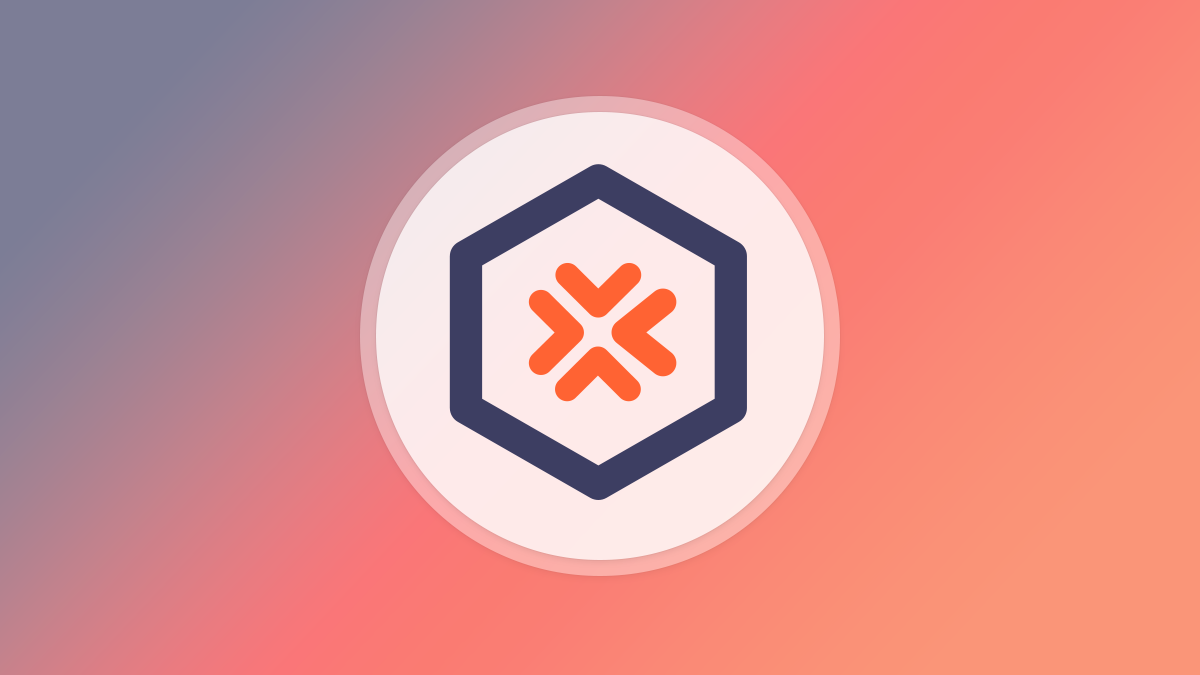The World Leader in Machine Identity Management
Eliminate application outages, prevent breaches and accelerate cloud native development with complete visibility and automation of your machine identities, such as digital keys and certificates.
Why modern machine identity management is critical to cybersecurity
Open source leader trusted by the world's top modern, security-conscious companies

Get to know Venafi Athena
Simplify and accelerate machine identity orchestration with AI technology.

Help us forge a new era in cybersecurity
Boston, Oct. 1-3 | Explore the most visionary trends shaping machine identity and security.
Machines are the building blocks of cloud native modernization, and managing machine identities is more complex than ever.
The shift from monolithic to cloud native, microservice-based applications has demolished the traditional perimeter, and these modern applications require orchestration of machine identities across numerous platforms. This transformation has also triggered an explosion of new machine identities, not to mention staggering levels of complexity in managing them.
Complex, siloed machine
identity tools
- Poor visibility
- Rudimentary automation
- Haphazard security
- Duplicated efforts
Simplified control of all
machine identities
- Total observability
- Secure by design
- Fast and reliable
- Governance and orchestration
Reduce complexity with the Venafi Control Plane.
Venafi's comprehensive, industry-leading platform orchestrates machine identities across any machine, any team and any environment—from the ground to the cloud, and everywhere in between—so you can accelerate modernization, maximize uptime, eliminate security incidents and reduce revenue stream disruptions.
TLS Protect
Control your TLS machine identities and stop outages.
SSH Protect
Prevent misuse of your SSH machine identities.
CodeSign Protect
Get fast, easy, secure code signing for your business.
TLS Protect for Kubernetes
Monitor and secure machine identities for cloud.
Firefly
Issue trusted certificates at the speed of light.
Stop Outages
Eliminate outages to applications, services, and security infrastructure.
Zero Outages
with Venafi Guarantee

Automate Everywhere
Deliver the speed and efficiency that organizations require for digital transformation.
98% faster
certificate provisioning

Prevent Misuse & Compromise
Prevent malicious or unintended use of security controls and enforce required policies.
Save $1.7m / yr
on certificate incidents

Modernize with Speed & Agility
Extend machine identity management from on-premises to the cloud and deliver faster, more secure cloud and DevOps capabilities.
200-300K hrs / yr
given back to enterprises

Trust the world leader in machine identity management
5 of 5top health insurers
5 of 5top U.S. airlines
4 of 5top payment cards issuers
4 of 5top U.S. banks
Fuel your innovation engine.
Future-proof your evolving infrastructure with the broadest, deepest set of pre-built machine identity solutions on the market.
The Latest from Venafi
Why You Need
to Act Now
45x
More machine identities than human identities
300%
Growth in machine identities in large enterprises by 2024
57%
Organizations experienced a security incident from compromised machine identities in the last year
63%
Organizations don't have visibility of all managed machine identities
83%
Organizations suffered a machine identity related outage in the last year
Ready to secure all your machine identities?
Get started with Venafi, the world leader in machine identity management.











